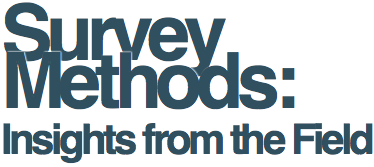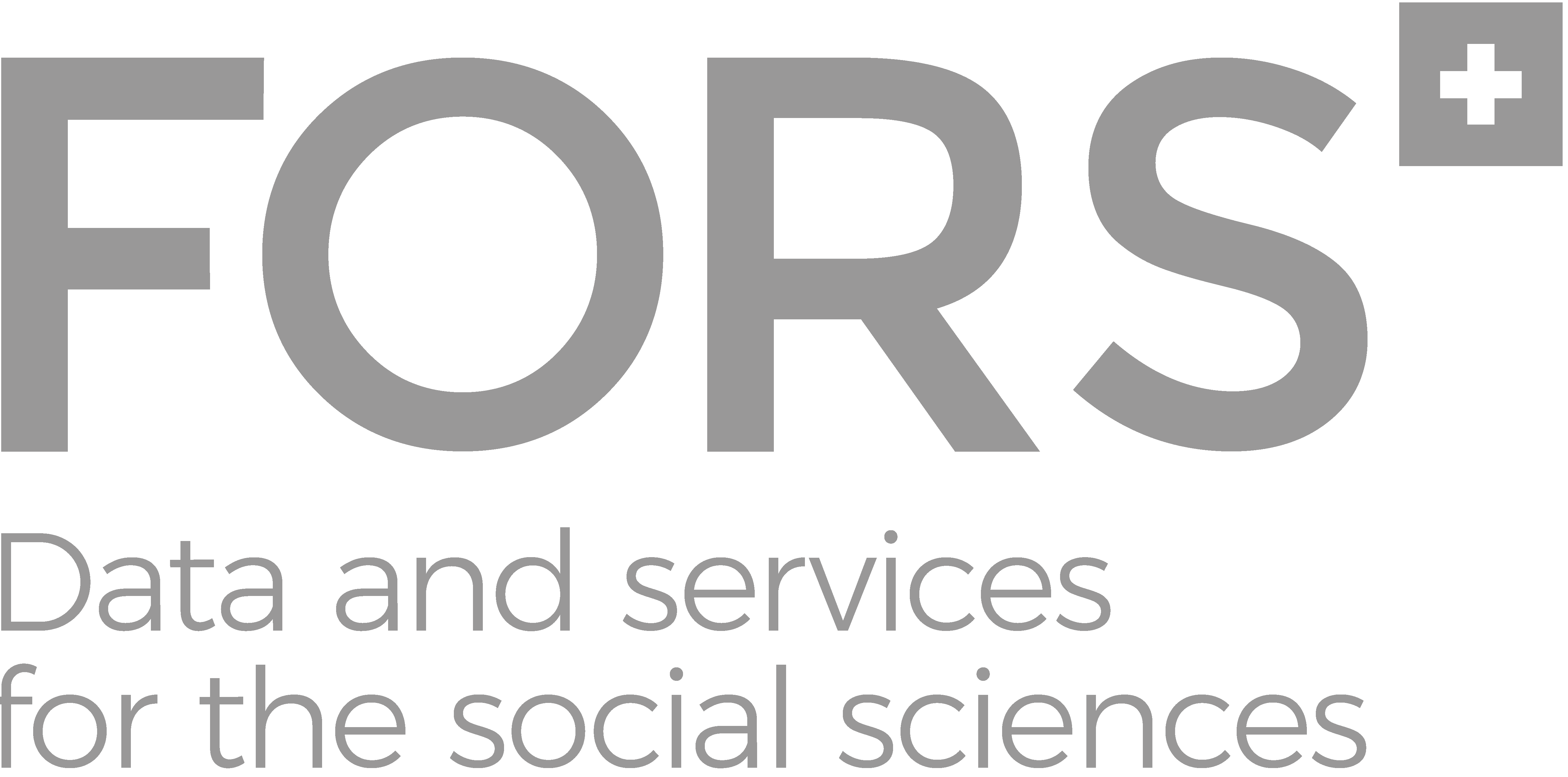Special issue: Fieldwork Monitoring Strategies for Interviewer-Administered Surveys
To achieve high quality data, optimal fieldwork monitoring strategies are essential during the data collection of surveys. A large variety of performance indicators are available and there are many opportunities to intervene if any issues are detected during the data collection phase. This special issue spotlights the lessons learned when working with different fieldwork monitoring strategies in various settings. It provides a platform to share valuable best practice knowledge and provides insights on which fieldwork strategies and tools are employed in the field.





